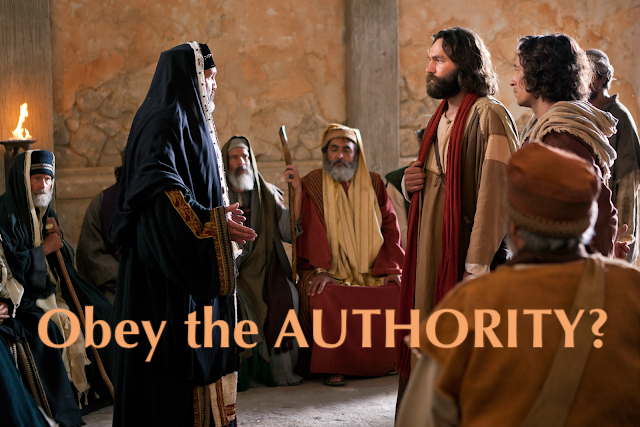Speaking for God and to God
 Abraham’s Approach
Abraham’s Approach
Abraham set an example of speaking to God, and speaking for God. Can you imagine speaking face-to-face with the Lord as Abraham did? The Lord God had enjoyed a meal with Abraham and then decided to let him know about the purpose of the Lord’s trip to Sodom. Would we have the same reverent, respectful approach? Would we be willing to negotiate with God, for the lives of others, as did Abraham? It is a fascinating story of the importance of our willingness to communicate with God. Or, would we be like Daniel, intervening on behalf of his people, and believing his words with God could make a difference?
Moses God’s Spokesman
Moses example is instructive to those who would speak for God. He is initially described as “powerful in speech and action” as the son of the daughter of Pharaoh. Yet many years and trials later he is reluctant to speak for God, when confronted at the burning bush. Through experience he had gained a realistic understanding of what was required of those who are called to speak with God and for God. He had learned through the things he had suffered. He came to understood that it was God’s power and not his own that enabled him to speak for God.
Samuel, David, and Other Prophets
Samuel learned as a young child the importance of speaking the truth faithfully as God had delivered it to him directly. He was very careful so as to “let none of God’s words fall to the ground.” David communed with God regularly, and handled the word of God faithfully. In his role as king of Israel he had the duty to read, write, and then teach the people the words of God. His Psalms remain as examples of his teaching. Yet there were other teachers who were not faithful. There were those who used God’s name to teach their own lies. As ambassadors for Christ, are we handling God’s words faithfully? Are we steadfast in our role as teachers of the truth even in the face of opposition?









